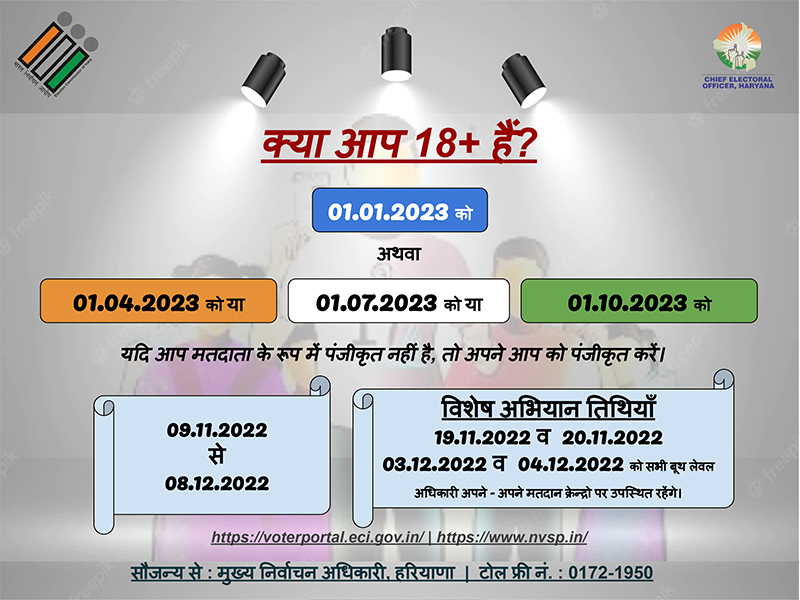PO’s & PEO’s
Programs’ Educational Objectives
- PEO 1: Foundation: Integration of Humanities subjects in the foundation years, provides adequate footing in understanding law and legal principles.
- PEO 2: Core Competence: Thorough understanding of legal concepts, principles and theories, quintessential to the discipline of Law.
- PEO 3: Skills: Analytical ability, logical reasoning, lateral thinking, attention for details and persuasive communication, are the skills that are critical to an accomplished legal professional.
- PEO 4: Professionalism: The ability to advice, counsel and represent the clients effectively and responsibly as legal professionals.
- PEO 5: Learning Environment: The holistic approach to law by reference to the socio-economic-legal & cultural environment in India, giving exposure to cutting edge issues leading to the experiential learning in an encouraging and open academic environment.
Programs’ Objectives
Law Graduates will be able to demonstrate
- PO1: Knowledge of Law: The knowledge of fundamental principles of Law, basic legislations and leading cases relating to the subjects, that form part of an undergraduate programs of study.
- PO2: Communication Skills: Ability to express thoughts and ideas effectively in writing and orally; communicate with others using appropriate media; confidently share one’s views and express herself/ himself; demonstrate the ability to listen carefully, read and write analytically and present complex information in a clear and concise manner to different groups.
- PO3: Critical Thinking: Capability to analyse and evaluate evience, arguments, claims, beliefs on the basis of empirical evidence; identify relevant assumptions and implications; formulate coherent arguments; critically evaluate practices, policies and theories to development of knowledge and understanding.
- PO4: Problem Solving: Capacity to extrapolate from what one has learned and apply their competencies to solve different kinds of legal problems, rather than replicate curriculum content knowledge; and apply one’s learning to real life situations.
- PO5: Analytical Reasoning: Ability to evaluate the reliability and relevance of evidence; identify logical flaws and holes in the arguments of others; analyse and synthesize data from a variety of sources; draw valid conclusions and support them with evidence and examples, and addressing opposing view points.
- PO6: Research-related Skills: A sense of inquiry and capability for asking relevant/appropriate questions, synthesizing and articulating; Ability to recognize cause-and-effect relationships, define problems, formulate hypotheses, test hypotheses, analyse, interpret and draw conclusions from data, establish hypotheses, predict cause-and-effect relationships; ability to plan, execute and report the results of an experiment or investigation.
- PO7: Moral and Ethical Awareness/Reasoning: Ability to embrace moral/ethical values in conducting one’s life, formulate a position/argument about an ethical issue from multiple perspectives, and use ethical practices in all work. Capable of demonstrating the ability to identify ethical issues related to one’s work, avoid unethical behaviour such as fabrication, falsification or misrepresentation of data or committing plagiarism, not adhering to intellectual property rights; appreciating environmental and sustainability issues; and adopting objective, unbiased and truthful actions in all aspects of work.
- PO8: Professional Advocacy and Consultancy: Carry out advocacy and consultancy work in professional capacity and represent the matter of the client, before the court or any other appropriate forum in a professional manner.
- PO9: Digital Literacy: Capability to use ICT in a variety of learning situations, demonstrate ability to access, evaluate, and use a variety of relevant information sources; and use appropriate software for analysis of data.
- PO10: Self-directed Learning: Ability to work independently, identify appropriate resources required for a project, and manage a project through to completion.


